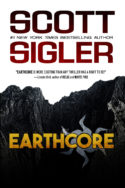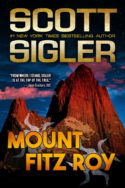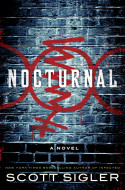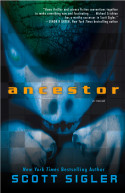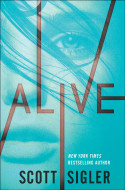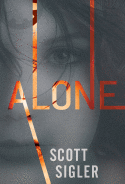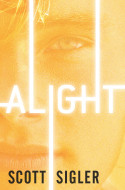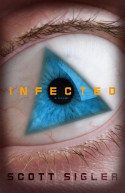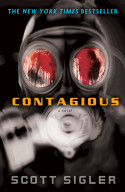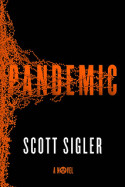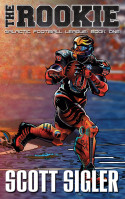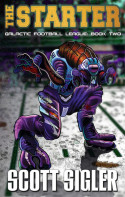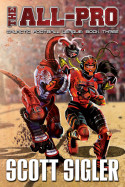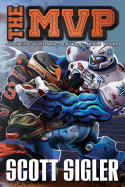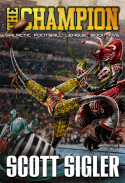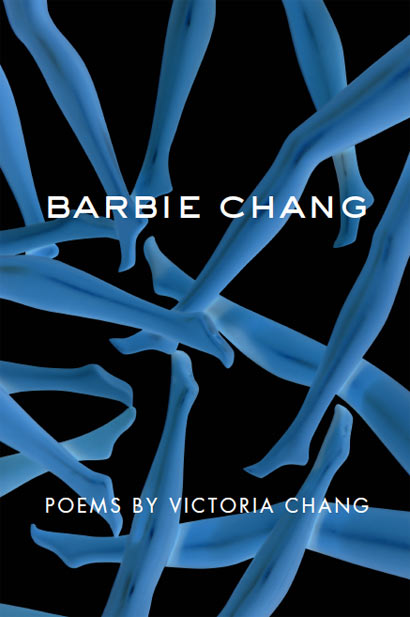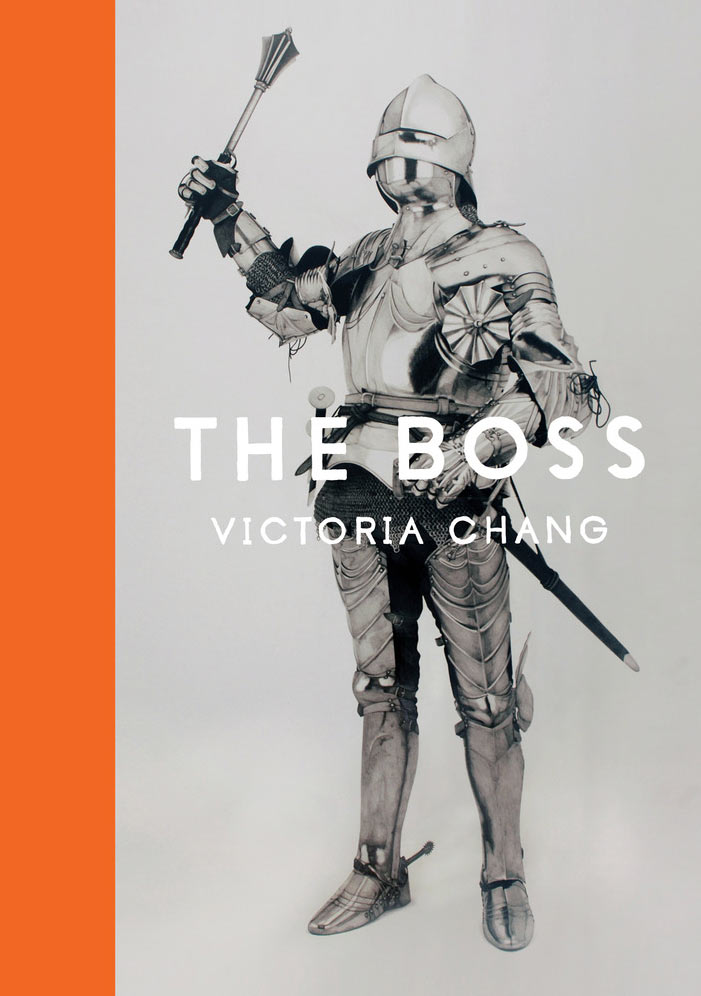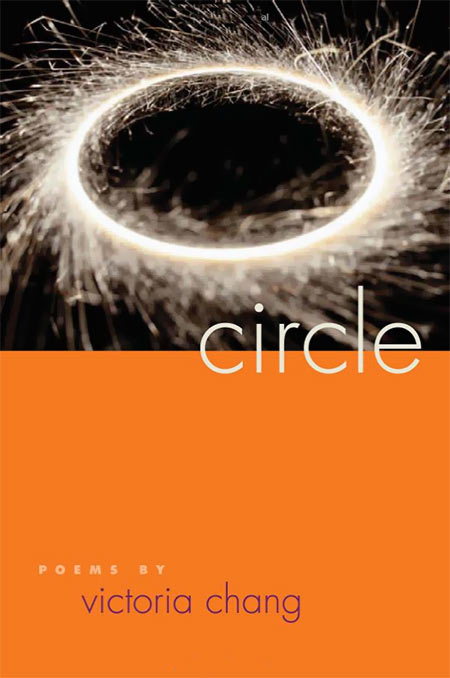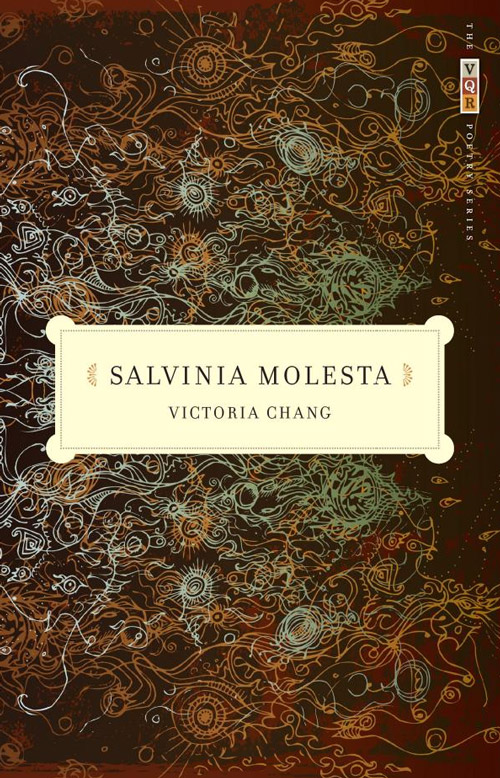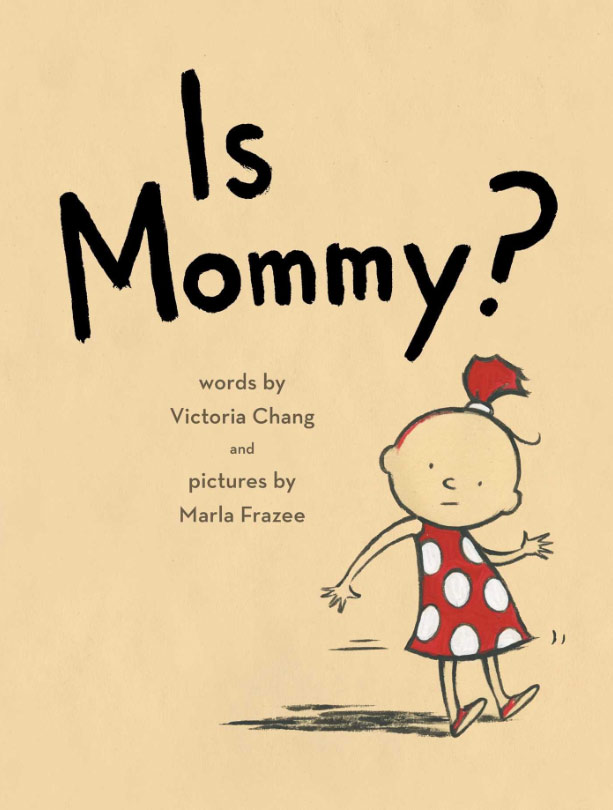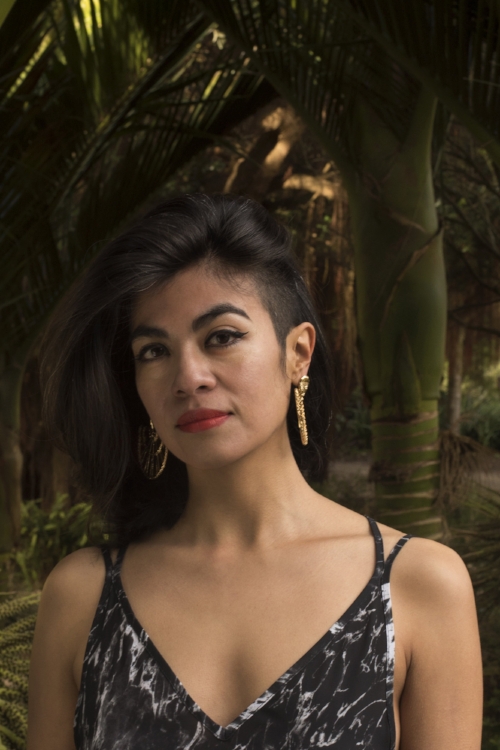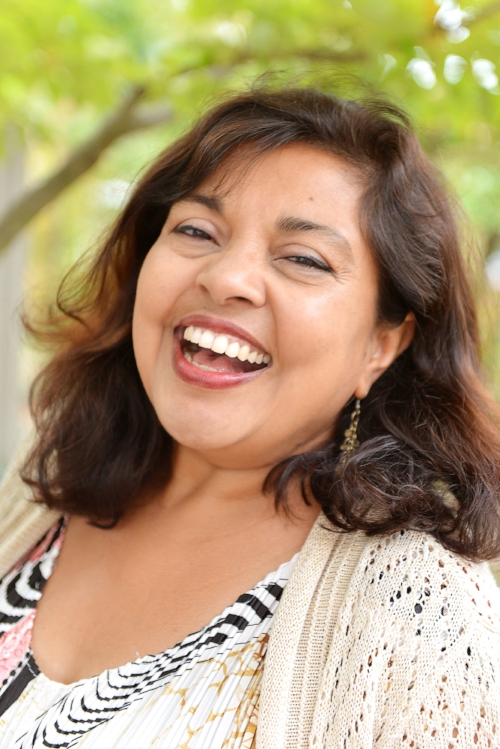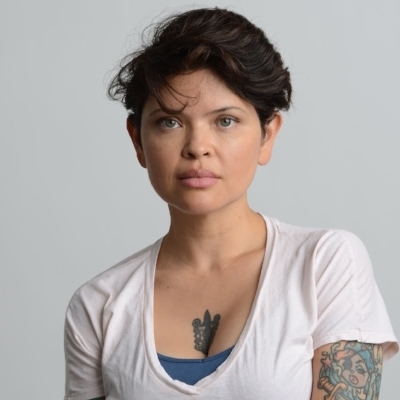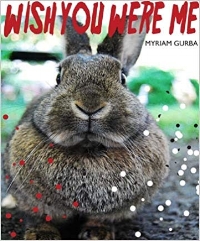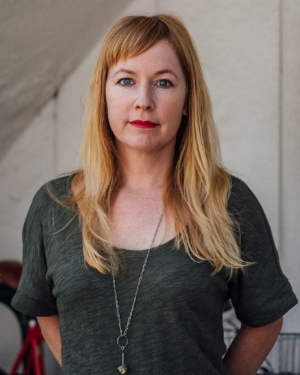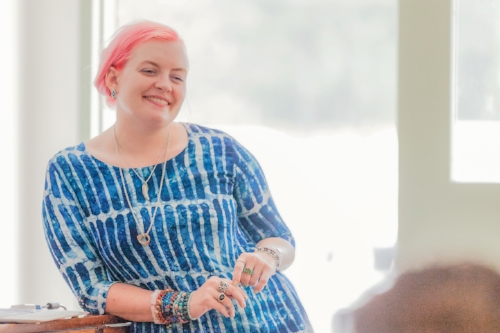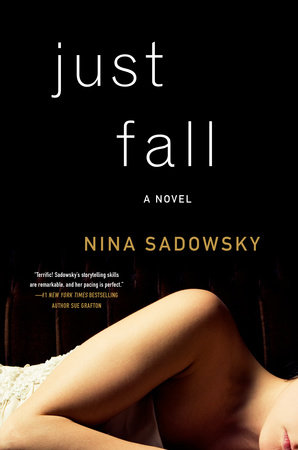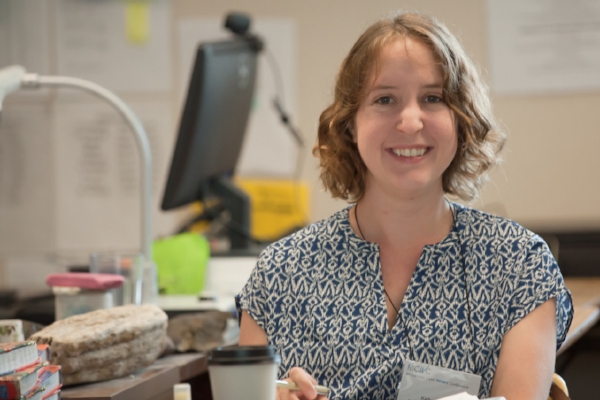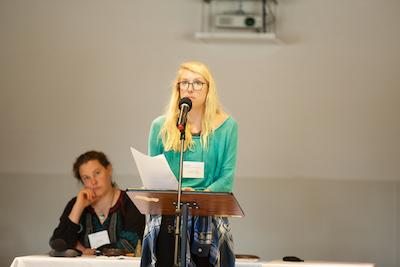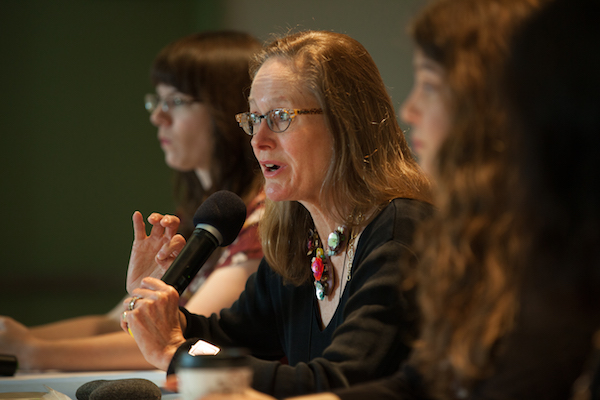by Amy Lutz, MCWC Executive Assistant
General registration for MCWC 2019 is now open! We are offering a range of workshops this year, including a Master Class in Memoir and our first ever Speculative Fiction workshop. We hope this variety encourages participants to write the unique and diverse books only they can write. As this year’s Speculative Fiction instructor Scott Sigler advises, “If you write what you want to write, you get the satisfaction of creating that thing that only you—in all the past and future history of mankind—could have created.”
#1 New York Times best-selling author Scott Sigler has forged his own path through the world of publishing. He is the creator of fifteen novels, six novellas and dozens of short stories, as well as a co-founder of Empty Set Entertainment, which publishes his Galactic Football League series. He gives away his stories as weekly, serialized, audiobooks, with over 40 million episodes downloaded.
Scott discussed with us his journey writing cross-genre speculative fiction, creating series, and developing novels for young adults. He shared a taste of what to expect from his Speculative Fiction workshop at MCWC 2019.
In the FAQ page of your website, you described how the cross-genre nature of your first book made it difficult to get past the gate-keepers of the publishing industry. What advice do you have for writers working on projects that may not fit the traditional publishing standards?
Write the book you would want to read—if the publishers don’t like it, too bad for them.
I won’t lie, some of my cross-genre work did not find a traditional publisher, and that is a risk you take. That being said, I poured my heart and soul into that work; it shows in the final product, and that passion resonates with my readers. If I can sell thousands of copies of a story that blends scifi, crime and American football, I think it shows there are no limitations when it comes to creating what you want to create.
In the end, what matters is how hard you are willing to work on your book. How much blood, sweat and frustration will you endure to make it as good as it can be? If you don’t love what you’re writing, if you’re writing to fill a niche or what you think publishers want this week, the end product will show that lack of engagement.
How did writing cross-genre work out for me? Awesome, that’s how. I write what I want to write, and I’m doing it full-time. Are there people writing formula they aren’t crazy about, yet still selling far more than I? Absolutely. Good for them. Are there people writing formula they aren’t crazy about who are selling far less than me? Tens of thousands, no doubt.
There is no magic formula and no “correct” answer. If you write what you want to write, you get the satisfaction of creating that thing that only you—in all the past and future history of mankind—could have created.
How did you keep faith in your own projects while you were building your brand without a traditional publisher? Did you have moments of doubt?
How did I keep the faith? I quote Joe Pesci in Goodfellas: “Because I’m stupid.”
This is an industry tailored to masochists. When you burn and blister to create the best story you can, writing sucks. The rejections. The countless hours. The frustration of writing stuff that will eventually wind up on the scrap heap, because it’s just not right. If you’re going to endure this kind of punishment, you need to be in it for the long haul. You need to know you’re looking at years of unrewarded work before you get in shouting distance of where you’d like to be (and, yes, I know the stories of the college student whose first book wound up in a bidding war and much love to those peeps, but those stories are one in a million and that one, sadly, isn’t you).
My faith wavered. Numerous times. But in the end, I had the “I’ll show you” mentality. I had a giant chip on my shoulder and refused to stop. I dove in and figured it out as I went—I failed my way to success.
In this interview with Lightspeed Magazine, you talk about basing your science fiction in hard science, and that you utilize scientists and experts to peer-review your novels. What role does research play in your writing process?
For my modern-day horror/thrillers, research is critical. My storytelling technique is to tell the reader many things they probably already know, or have heard of, as a way to build rapport and establish myself as an authority in a particular field. The more established facts I give you, the more you subliminally believe that all the things I’m telling you are facts. When the time comes to push science beyond what is known (or to just flat-out make stuff up because it’s good for the story), my readers are already primed to accept what I am giving them.
Research is important for that relationship with the reader. If I get basic science wrong, I lose credibility with science buffs, teachers and many students. If I don’t get firearms correct, I instantly lose credibility with cops, soldiers and gun enthusiasts. If I write a devout Catholic character and get the basics of Catholicism wrong, I lose credibility among my religious readers. And so on, and so on.
The reader knows he or she is reading fiction. They know what they are reading is not reality. Proper writing technique lets the reader give themselves permission to experience fiction as if it were real. For me, research is critical in generations that permission—I have to respect the general body of knowledge that my readers already possess, or they will tune out.
You’ve written two trilogies (the Generations Trilogy and the Infected Trilogy) and the Galactic Football League Series, as well as stand alone novels. How is your writing process different for stand alone books compared to series?
First of all, if you can make a career out of stand-alone books, do it! Stand alone books are a joy. You can create anything you want (as long as you properly establish it in the context of that book).
Series are significantly more work as the story goes on. I have a massive wiki for the Galactic Football League series—Book Three must be accurate against the backdrop of what happened in One and Two, Book Four must be accurate against the backdrop of One, Two, and Three, and so on. Each additional layer must be properly built on the layers below.
I think of it like this: a stand-alone is like walking through a big, empty building—you can go wherever you want. A second book in a series is like walking through that same building, but after the walls and doors and rooms are built, limiting how you can get from one point to another. A third book is a maze. A fourth book puts a minotaur in the maze, one who likes to hit authors in the head with an axe and then cook them for lunch. A fifth book is that same building filled with concrete; bring a big drill. A sixth book? I’m writing one now. Please send help.
The Galactic Football League series is young adult (YA) series that combines science fiction and sports. Why did you decide to branch out into YA? What do you like about writing for that audience?
I first wrote The Rookie, GFL Book One, as an adult novel. It was only after educators reached out to me saying that—if the language was cleaned up—the book could be helpful for a segment of kids that are largely ignored in YA fiction markets: sports-loving kids who think they don’t like to read. Once teachers told me they had nothing like The Rookie and that it could help people discover a love for reading, we re-wrote the book for a YA audience. Heck, we even have a teacher’s guide!
The thing I like most about YA is that most books are stripped down to character and plot. Because of this, YA books are more cinematic to me. Authors have to tell a great story that moves quickly, because there aren’t any literary trapping to hide behind.
We are thrilled that you will be teaching the first ever speculative fiction workshop at MCWC. Can you tell us a little more about what you plan to bring to the workshop? What do you hope will be participant’s biggest take-away?
I bring a disciplined approach to the writing process, and to world-building, which is critical in most speculative fiction creations. I don’t coach on particular writing styles or techniques as much as I do on work ethic and the structure required to create long-form works.
I also like to think I bring a no-BS message that benefits students. I’ll communicate the realities I’ve experienced in the business. I’m not going to say “anything is possible!” or “if you just put your mind to it, you can reach the stars!” because that’s not reality. Some writers worse than you will attain more than you will, and some writers far better than you will attain nothing at all.
As for the biggest take-away, it’s getting the writer to take joy from the process, to embrace the frustration and setbacks as some of the building blocks you need to make a house you will be happy living in.
Speculative fiction may be a new genre for some of our participants. What books would you recommend for anyone interested in exploring the genre?
Speculative fiction: “A genre of fiction that encompasses works in which the setting is other than the real world, involving supernatural, futuristic, or other imagined elements.”
Ever watch a movie, TV show, or read a book with alternate history? Space travel? Psychics? Witches? Knights? Vampires? Superheroes? The paranormal? Time travel? Monsters? Dystopias? Utopias? Then you’ve consumed speculative fiction.
As for speculative fiction books to read, try some of these classics:
Frankenstein by Mary Shelly
The Hobbit by J.R.R. Tolkein
Dragonflight by Anne McCafferey
1984 by George Orwell
Harry Potter and the Philisopher’s Stone by J.K. Rowling
Dune by Frank Herbert
To make sure you get the workshop that best fits your work, be sure to sign up early for MCWC 2019! All workshops and consultations are first-come, first served, so don’t wait to register.
To learn more about Scott, and listen to his free podcasts, visit https://scottsigler.com/.



